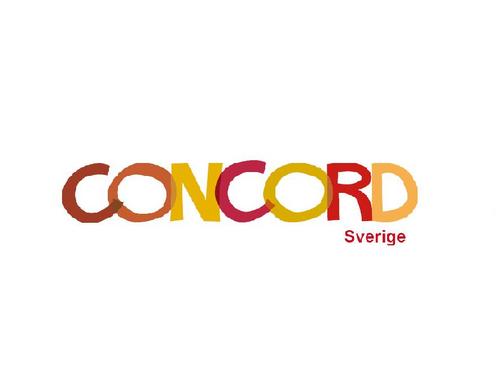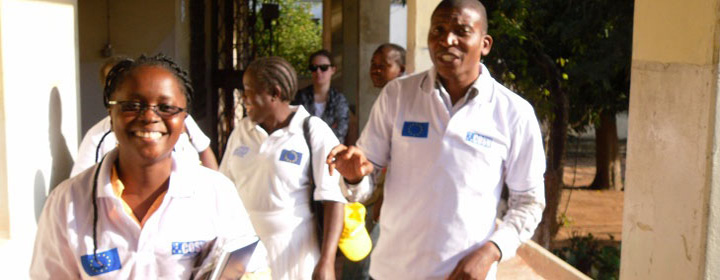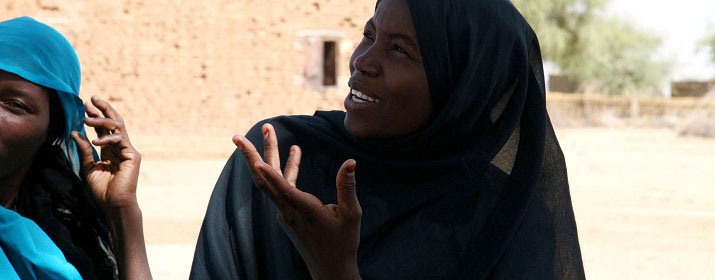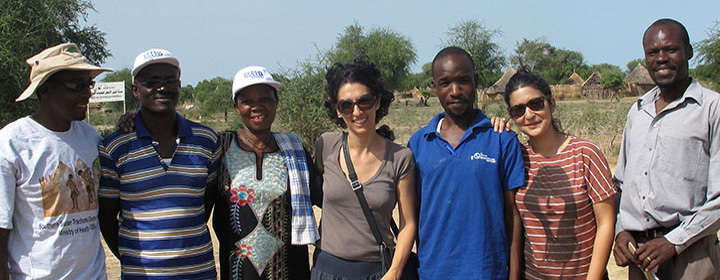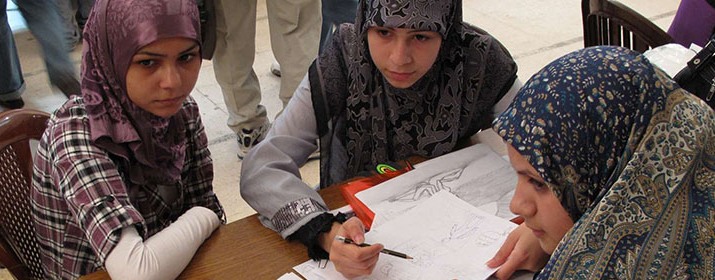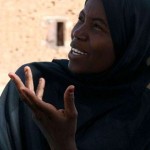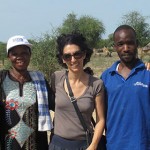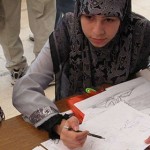CONCORD AidWatch Special Report on the post-Busan development effectiveness agenda assesses the process of the Busan Partnership Agreement and the quality of EU aid.
The report identifies three key flaws of EU development cooperation: the EU aid architecture remains fragmented and poorly coordinated, the share of aid that is an actual and sustainable North-South financial transfer is limited due to formal and informal aid tying, too little aid focuses on poverty eradication because aid allocation remains distorted by non-developmental objectives.
Aid Effectiveness targets missed: The report assesses to what extent EU donors have implemented the aid effectiveness commitments made in the Paris Declaration (2005) and the Accra Agenda for Action (2008). It finds that provider countries as a whole met only one in 13 targets that were due in 2010. Progress was very uneven across EU providers, with some making more progress than others: Denmark scored best and met 7 targets, while Belgium and Luxemburg met only one target each. It finds also that recipient countries made more progress and effort in implementation than providers, and that donors progress has slowed down, in some areas has even been reversed, since 2007.
Mixed blessing at Busan: Busan lead to mixed results concerning the main aims of addressing the unfinished business of the aid effectiveness agenda, and responding to the new development landscape in which new providers from the south and the private sector play an increasingly important role. Busan failed in particular to agree on effective implementation and accountability mechanisms. The EU governments have demonstrated much less effort to push for a strong, binding and far-reaching agreement in Busan than at previous HLFs in Paris and Accra, and played a particular harmful role in opposing a strong monitoring and accountability framework for actual implementation.
Transparency and Joint Programming: The report also deals in detailed thematic chapters with two selected issues of the wide aid and development effectiveness agenda: aid transparency and joint programming. These are the issues currently prioritized by EU governments and the European Commission. While there was some progress on aid transparency and the EU has passed a ‘Transparency Guarantee’, the EU member states are still lagging behind the non-EU donors. Slightly more than 70% of EU member states have ’poor’ or ‘very poor’ aid transparency.
Uneven but overall unsatisfactory post-Busan action: EU providers’ efforts to implement Busan commitments are once again uneven across EU countries, but overall limited and unsatisfactory. One year after Busan, the necessary and effective institutions to drive implementation are still not in place.
AidWatch 2012: making sense of EU development cooperation effectiveness
